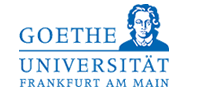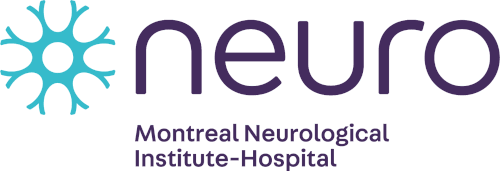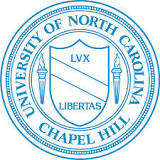 |
 |
 |
 |
 |
 |
Understanding antitumor activity opens new possibilities for future breast cancer treatments
Toronto, May 16, 2022 – An article published today in the journal Nature Chemical Biology reveals a mechanism of antitumor activity for triple negative breast cancer, which is the most aggressive breast cancer subtype with less promising prognosis and with few effective therapies.
The article entitled, PRMT inhibition induces a viral mimicry response in triple-negative breast cancer, details laboratory experiments and bioinformatics analyses in which a drug-like molecule called MS023, induces cancer cell death by tricking the cells into thinking they have been attacked by a virus. This highly collaborative study was carried out by researchers at Princess Margaret Cancer Centre and the University of Toronto and scientists in Brazil, China, and the United States.
Breast cancer is the most diagnosed cancer in the world. The triple negative subtype represents 15-20% of breast cancer cases and accounts for 25% of deaths. The recurrence rate is considered high (more than 30%) and has the lowest survival after metastatic recurrence.
The research team tested a collection of chemical probes from the Structural Genomics Consortium and found that the chemical probe, MS023, was effective at killing about half of the 15 triple negative breast cancer cell lines studied. Further investigation revealed that the cells that died upon MS023 treatment, had distinct molecular features that mimic those found in cells infected with viruses. Our cells have a natural ‘innate’ immune system that defends against viral infection by inducing the infected cell to commit suicide. This viral mimicry mechanism of certain cancer drugs has been noted before, but this study demonstrates its potential benefit to triple negative breast cancer, and specifically to those patients whose cancers harbor the vulnerable molecular features targeted by MS023.
"We have taken an important step toward 'precision medicine', in which patients are treated with medications adapted to their specific type of cancer," adds Cheryl Arrowsmith, author of the study and researcher at the Princess Margaret Cancer Centre (Canada) and the Structural Genomics Consortium - University of Toronto.
This highly collaborative study included researchers at the University Health Network and Structural Genomics Consortium at the University of Toronto, the University of Campinas, and The Institute of Basic Medicine and Cancer of the Chinese Academy of Sciences.
About Structural Genomics Consortium
The Structural Genomics Consortium (SGC) is a global public private partnership dedicated to open science. It seeks to accelerate drug discovery by fostering collaboration among a large network of scientists in academia and industry and by making all research outputs, such as chemical probes, openly available to the scientific community. The current SGC research hubs are in Canada, Germany, Sweden, the United Kingdom, and the United States.
For further information, contact:
Jill Kinsella
Director, Communications
Structural Genomics Consortium
